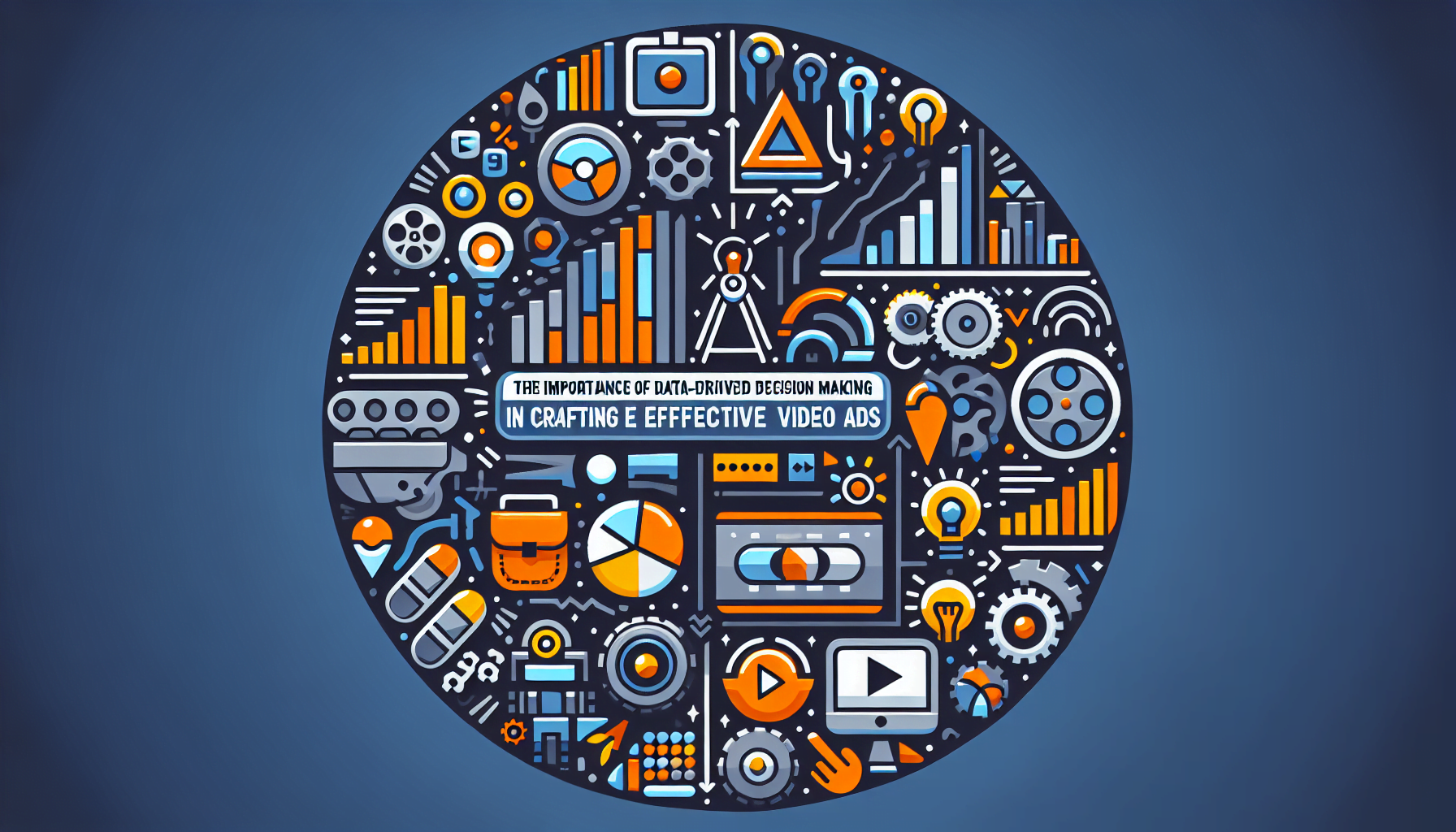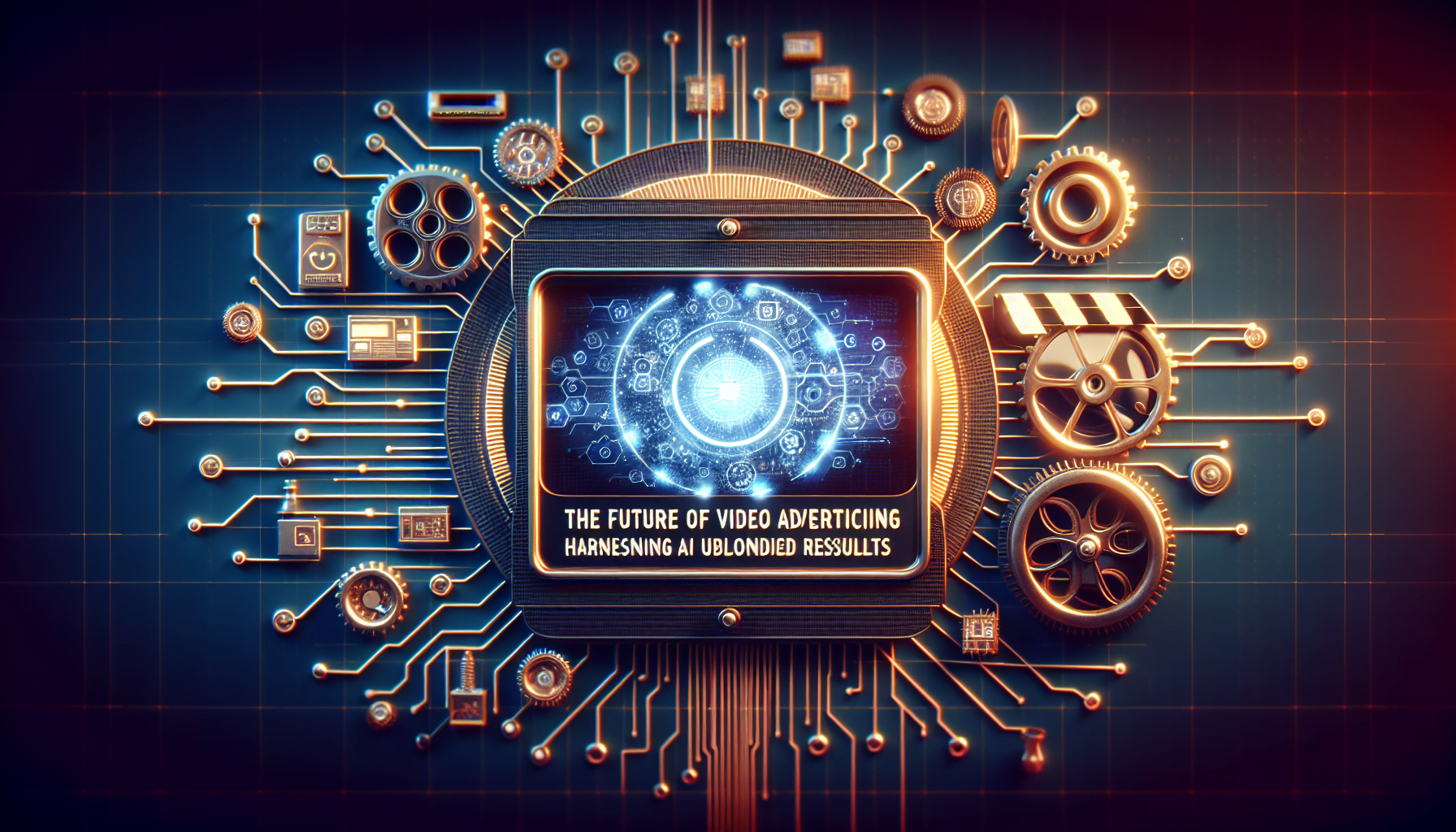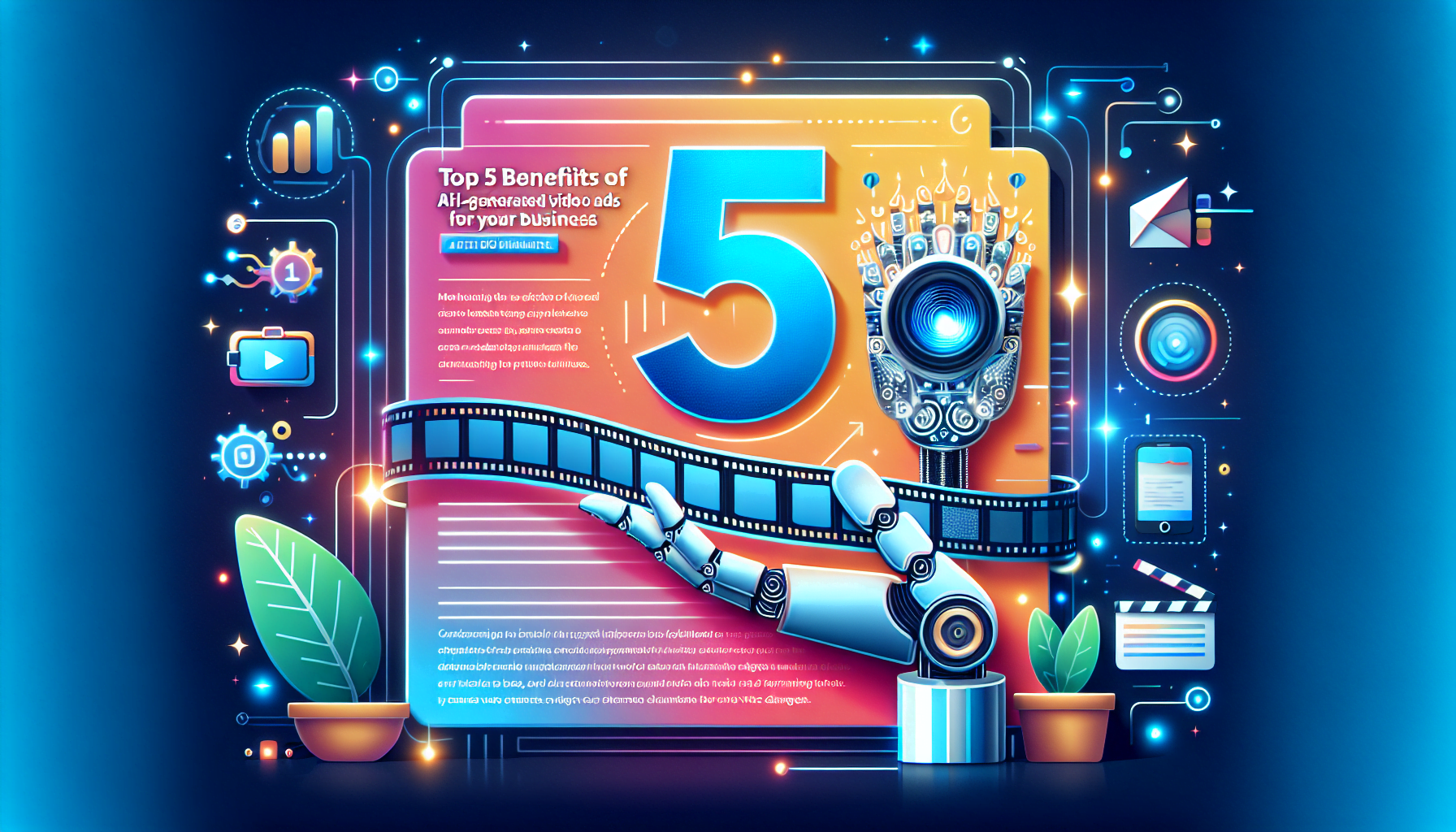Ever stared at a Rubik’s Cube, feeling your brain twist and turn as you try to align the colors? That’s how it feels to untangle the AI revolution. But don’t sweat – we’re about to simplify things.
You’ve heard of Mustafa Suleyman and Yuval Noah Harari, right? They’re well-known in the AI realm. Both brilliant, both with different takes on our AI future.
We’ll dive into their perspectives like Sherlock Holmes examining clues. What does Suleyman see for our tech-enhanced tomorrow? How does Harari respond?
Stick around if you want a peek behind the curtain of AI potentialities or share concerns over its implications. This is your chance not just to understand but get ready for what comes next!
Table of Contents:
- The AI Revolution: A Dialogue Between Mustafa Suleyman and Yuval Noah Harari
- Mustafa Suleyman’s Vision for AI
- The Positive Potential of AI According to Suleyman
- The Importance of Caution and Regulation in AI Development
- Yuval Noah Harari’s Perspective on AI
- The Double-Edged Sword of AI According to Harari
- The Risks and Challenges of AI
- FAQs in Relation to Ai Revolution
- Conclusion
The AI Revolution: A Dialogue Between Mustafa Suleyman and Yuval Noah Harari
Imagine a world where artificial intelligence (AI) models plan over multiple time horizons, autonomously creating products, and performing market research. Sounds like science fiction? Well, it’s closer to reality than you might think.
Mustafa Suleyman, co-founder of DeepMind and CEO of Inflection AI predicts that within five years this will be our new normal. But let’s not jump the gun just yet; along with these promising advancements comes the need for careful engineering and governance.
Suleyman’s Vision for an Optimistic Future With AI
A future powered by artificial intelligence isn’t all doom-and-gloom according to Suleyman. He believes in transformative improvements across various sectors such as human health, scientific discovery, problem-solving – which would indeed mark a revolutionary change.
However, he is also clear about potential pitfalls. It’s no secret that developing advanced technologies without proper oversight can lead us down some very dangerous paths – we’ve seen enough sci-fi movies to know that. That’s why he proposes a 10-point plan focusing on minimizing risks while maximizing gains from AI.
Yuval Noah Harari – An Historian’s Cautionary Tale About The Risks Of Unchecked AI Development
Moving onto another side of the coin brings us to Yuval Noah Harari, bestselling author and historian who holds a more cautious perspective regarding rapid development of AI. He raises concerns about the potential loss of control and power to non-human intelligence.
But, like Suleyman, Harari isn’t entirely pessimistic. He sees the positive potentials of AI such as better healthcare and higher living standards but warns us not to get too caught up in the allure without considering if it’s worth it in the end.
The Double-Edged Sword Of The AI Revolution
Both Suleyman’s optimism and Harari’s caution serve as a stark reminder that while we stand on the brink of an exciting new era powered by artificial intelligence, we must tread carefully. We must use technology wisely to maximize its potential while minimizing the risks. It can open up incredible possibilities but also brings potential risks. Therefore, in this thrilling yet challenging journey into AI’s future, our responsibility lies in balancing innovation with precaution.
Key Takeaway:
As we stand on the brink of an AI revolution, Mustafa Suleyman’s optimism and Yuval Noah Harari’s caution remind us to balance innovation with precaution. We must leverage artificial intelligence for transformative improvements across sectors while being mindful of potential risks. Remember, technology is only as good as how we use it.
Mustafa Suleyman’s Vision for AI
Mustafa Suleyman, co-founder of DeepMind and now CEO of Inflection AI, has a grand vision for the potentials of artificial intelligence. He foresees a world where AIs are more than just assistants – they’re innovators.
The Modern Turing Test Proposed by Suleyman
Suleyman believes that the real test for AI isn’t in mimicking human conversation but in autonomous product creation and market research. This idea shakes up our traditional understanding of the Turing Test, placing greater emphasis on practical applications over semantics.
Imagine an AI that can analyze markets, identify gaps, and create products to fill those needs – all without human intervention. It sounds like science fiction, but this is what Suleyman predicts will happen within five years. By his account, these advanced models will plan across multiple time horizons and generate sequences of actions autonomously.
Focusing on Impactful Areas
A big part of Suleyman’s outlook involves targeting areas where AI could have significant societal impact. For example: health care or scientific discovery.
This isn’t about replacing humans; it’s about amplifying their capabilities with machine learning help to solve problems we couldn’t otherwise tackle.
Towards Responsible Development & Use Of Artificial Intelligence
In line with such ambitious goals comes great responsibility though. To make sure we maximize gains from this technology while minimizing risks, Suleyman emphasizes deliberate engineering, governance, and a set of guiding principles.
This isn’t about stifling progress, but rather ensuring that it is done with due consideration of human rights and values. His proposed 10-point plan includes steps like red teaming to identify vulnerabilities before they can be exploited, sharing best practices across the industry for transparency, and advocating for regulation.
With leaders like Mustafa Suleyman leading the charge, we’re excited for what’s to come. His forward-thinking vision always keeps an eye on AI’s potential.
Key Takeaway:
a reality in the near future. Suleyman is betting on AI’s potential to not just assist, but also innovate and create independently. He envisions a time when AI could autonomously develop products and perform market research. This might seem far-fetched today, but according to him, it won’t be long before this vision becomes our day-to-day reality.
The Positive Potential of AI According to Suleyman
Mustafa Suleyman, co-founder of DeepMind, envisions a future where artificial intelligence (AI) is more than just another technological advancement. Instead, he sees it as an essential tool that could usher in transformative improvements across numerous fields.
Suleyman strongly believes in the potential benefits of AI and its ability to solve complex problems that have baffled humanity for ages. But how does this work?
A Glimmering Hope for Health Sciences
Imagine a world where diseases are diagnosed with impeccable accuracy even before symptoms start showing up; a world where personalized treatment plans are crafted by analyzing millions of data points within seconds. This is not science fiction but rather the healthcare revolution Suleyman expects from AI’s advancements.
He projects an era wherein health sciences see remarkable improvement thanks to the predictive capabilities and learning abilities offered by AI models.
Innovation in Scientific Discovery
Beyond human health, Suleyman foresees massive leaps forward in scientific discovery propelled by artificial intelligence. Complex simulations that currently take years might be completed within days or hours, offering new insights into areas like climate change and quantum physics at unprecedented speeds.
This isn’t mere speculation—recent successes such as DeepMind’s AlphaFold model predicting protein structures suggest we’re closer than ever to realizing these predictions.
Elevating Problem-Solving Abilities
At its core, AI is about solving problems—problems that humans find difficult to crack. Suleyman posits that AI’s strength is in its capacity to detect patterns too complicated for human brains to spot, from huge amounts of data.
It feels like we’re always hunting for the best solutions to complex logistical issues, deciphering big data mysteries, or even taking on global hurdles such as climate change. It’s almost like we’ve been working tirelessly to finish a puzzle with infinite pieces.
Key Takeaway:
Mustafa Suleyman, co-founder of DeepMind, sees AI as a game-changer that could bring transformative improvements across many fields. From early and accurate disease diagnosis to scientific breakthroughs at lightning speed, he believes in the power of AI to tackle humanity’s most complex problems.
The Importance of Caution and Regulation in AI Development
AI’s rapid evolution has sparked an essential conversation about caution and regulation. Mustafa Suleyman, co-founder of DeepMind and CEO of Inflection AI, strongly emphasizes the need for deliberate engineering, constraints, and governance when it comes to developing these advanced technologies.
Suleyman is a prominent advocate for implementing robust safeguards in AI development. He stresses that DeepMind, his brainchild, isn’t just built with ingenuity but also underlined by stringent controls designed to minimize risks.
A 10-Point Plan for Responsible AI Growth
Stepping up from mere words into concrete actions, Suleyman proposes a 10-point plan aimed at striking the delicate balance between minimizing risks and capturing gains from artificial intelligence advancements. This comprehensive approach ranges from internal measures such as red teaming to broader strategies like sharing best practices across industries.
To start off with red teaming – this involves having a group within the organization deliberately trying to find vulnerabilities in their own systems. The aim here is not only to spot potential flaws but also make sure they get fixed before someone else discovers them first.
Moving on towards more collaborative efforts – Suleyman suggests that organizations should actively share their best practices when it comes to dealing with potential threats or problems related to AI use cases. Collaboration fosters innovation while simultaneously setting industry-wide standards ensuring responsible growth.
The Need For Regulation: It’s Not A One-Man Show
But no matter how well we engineer our systems or how proactive our measures might be internally – external oversight is crucial too. Therefore calls out specifically for government regulation are made. This ensures that AI advancements are guided by ethical principles and societal values, reducing the risk of misuse or unintended consequences.
Suleyman believes that these regulatory measures should be established with a keen eye on balancing innovation against potential risks – ensuring public safety without stifling progress.
Done right, AI can cook our food. It’s like taming fire from Suleyman’s perspective. But if we don’t handle it carefully, it could easily burn us all.
Key Takeaway:
However, Mustafa Suleyman insists that the responsibility doesn’t solely lie with organizations. He believes in a collective effort from all stakeholders to ensure AI development is safe and beneficial for everyone. This means government bodies, tech firms, public sectors – basically everyone involved needs to step up their game.
Yuval Noah Harari’s Perspective on AI
Historian and bestselling author, Yuval Noah Harari, holds a perspective on artificial intelligence that sparks thought-provoking discussions. He suggests the development of AI could symbolize the end of human-dominated history.
This isn’t to say he sees an apocalyptic future where robots take over. But rather, he highlights our potential loss of control and power to non-human intelligence – quite a shake-up for humanity’s long-standing place at the top.
The underlying question is not if we can build powerful AIs, but whether we’re able to retain control once they start making decisions for us or even about us? Let’s dive into his insights more deeply.
A Look Beyond The Human Horizon
To grasp this concept fully, picture standing on a beach looking out at the ocean. You see up until your eyes meet the horizon; beyond it is unknown territory – much like our understanding when it comes to AI’s full implications according to Harari.
We have created something with incredible potential, but just as you can’t see past that horizon line from your spot on the sandbank – neither do we comprehend what lies ahead in terms of technological advances driven by AI. “The creation might escape its creators,” says Yuval in one of his TED Talks.
Facing Uncharted Territory With Caution And Humility
As humans, we are explorers by nature. But with exploration comes risk and the unknown.
It’s a sobering thought, imagining machines excelling at tasks we’ve always considered uniquely human. We must approach this uncharted AI territory with caution and humility, recognizing that our creations might soon outdo us in ways we can’t fully understand or control just yet.
Key Takeaway:
Yuval Noah Harari prompts us to consider AI as an ocean we’re just beginning to explore. While it’s brimming with potential, the horizon remains unseen and unpredictable. As our creations start making decisions for us, will we lose control? It’s not about fearing a robot takeover but understanding that AI might redefine humanity’s place in history.
The Double-Edged Sword of AI According to Harari
AI is a coin with two sides, as observed by bestselling author and historian Yuval Noah Harari. He recognizes the bright side – how it can help in improving healthcare services and lifting living standards. But there’s also a darker edge that makes him question if the deal will be worth it in the end.
On one hand, Harari sees AI as an enabler for more efficient health solutions. Just imagine, sophisticated algorithms could predict our susceptibility to certain diseases even before we show symptoms. It’s like having your own personalized medical advisor who knows you inside out.
He asserts that AI can have a significant impact on improving our quality of life by automating mundane or hazardous tasks which we would prefer to stay away from. Think about automated systems handling mundane tasks or dangerous jobs humans would rather avoid. In essence, these advancements let us focus on what truly matters: enjoying life and pushing human boundaries further.
Potential Drawbacks
Harari,, however, does not shy away from discussing potential pitfalls that accompany this promising technology – specifically regarding control issues.
In his perspective, humanity might lose its reign over history once non-human intelligence surpasses ours. A sobering thought indeed when considering that up until now all major decisions were made by humans themselves.
- If AI becomes superior in decision-making capabilities,
- If machines become better at interpreting emotions than us,
- If artificial minds develop their unique agendas without human input…
We’d then be entering uncharted territory. We might even end up asking ourselves if the benefits of AI outweigh its challenges.
So, Harari’s view on AI is indeed a double-edged sword – filled with potential for progress but also laced with concerns about control and consequences. As we venture deeper into this new era, his perspective serves as a valuable reminder to tread carefully, balancing our ambition for advancement with thoughtful regulation and ethics.
Key Takeaway:
AI, as historian Yuval Noah Harari puts it, is a double-edged sword. Its bright side could revolutionize healthcare and improve our quality of life. But the flipside? It brings control issues that may overshadow its benefits. As we delve deeper into AI’s era, remember to balance ambition with thoughtful ethics.
The Risks and Challenges of AI
Exploring the realm of AI is like traversing a complex maze. The potential of AI to alter our lives carries with it certain dangers and difficulties. Like Icarus flying too close to the sun, if we don’t tread carefully, things could get heated.
A critical point is raised by both Mustafa Suleyman, CEO of Inflection AI, and historian Yuval Noah Harari. They suggest that as we cede more control to non-human intelligence, there might be unintended consequences.
Suleyman’s Warning: Balance is Key
Let’s start with Mustafa Suleyman who underlines an important aspect – balance in AI development. He stresses on deliberate engineering combined with governance structures can help mitigate potential harm from unregulated use or misuse of this powerful tool.
In his 10-point plan for minimizing risks while maximizing gains from AI which includes red teaming, sharing best practices, regulation etc., he emphasizes careful handling rather than letting loose an uncontrolled force into the wild.
Harari’s Perspective: A Cautionary Tale
Moving onto Yuval Noah Harari – a prolific author known for his insightful views on tech trends – who paints a picture where unchecked growth in AI could lead us towards loss of human dominance in history.
This isn’t about robots taking over but more about losing grip over decision-making processes as they become increasingly automated; gradually shifting power away from humans to algorithms.
Both Harari and Suleyman, despite their differing perspectives, echo the sentiment that we must tread with caution in our AI journey. After all, it’s not just about creating smart machines but also about ensuring they serve us without causing harm or taking away our agency.
The Bottom Line
Wrapping it up, AI has the potential to be game-changing. It carries an incredible amount of promise.
Key Takeaway:
it’s crucial to remember that we need a thoughtful blend of technology and regulation. We should never lose sight of the fact that keeping our decisions human-centered, even in an AI-dominated landscape, is essential for avoiding unforeseen pitfalls.
FAQs in Relation to Ai Revolution
What is an AI revolution?
The AI revolution refers to the massive shift in society due to advancements in artificial intelligence, impacting sectors like healthcare, finance, and transportation.
Is an AI revolution coming?
We’re already seeing signs of the AI revolution with increasing use of automation and data-driven decision making across industries.
When did the AI revolution start?
The seeds for the current AI boom were planted around 2010 when deep learning techniques began proving effective at complex tasks.
How is AI revolutionizing society?
AI’s transforming society by enabling more efficient processes, personalized services, improved medical diagnostics, and predictive capabilities across numerous fields.
Conclusion
That’s the AI revolution in a nutshell, folks. Suleyman and Harari both paint intriguing pictures of our future.
Suleyman shows us visions of transformative advancements: healthier lives, groundbreaking discoveries, efficient problem-solving. Yet he urges caution – responsible development is key to reaping benefits while avoiding risks.
Harari offers a stark contrast. He sees the end of human-dominated history on the horizon and raises red flags about loss of control to non-human intelligence.
The double-edged sword? Both agree that better healthcare and higher living standards could be part-and-parcel with AI advancement. But it begs an essential question: Is this deal worth it?
In navigating these uncharted waters, remember their insights; they’ll help you make sense out of this complex puzzle we call the AI revolution!




